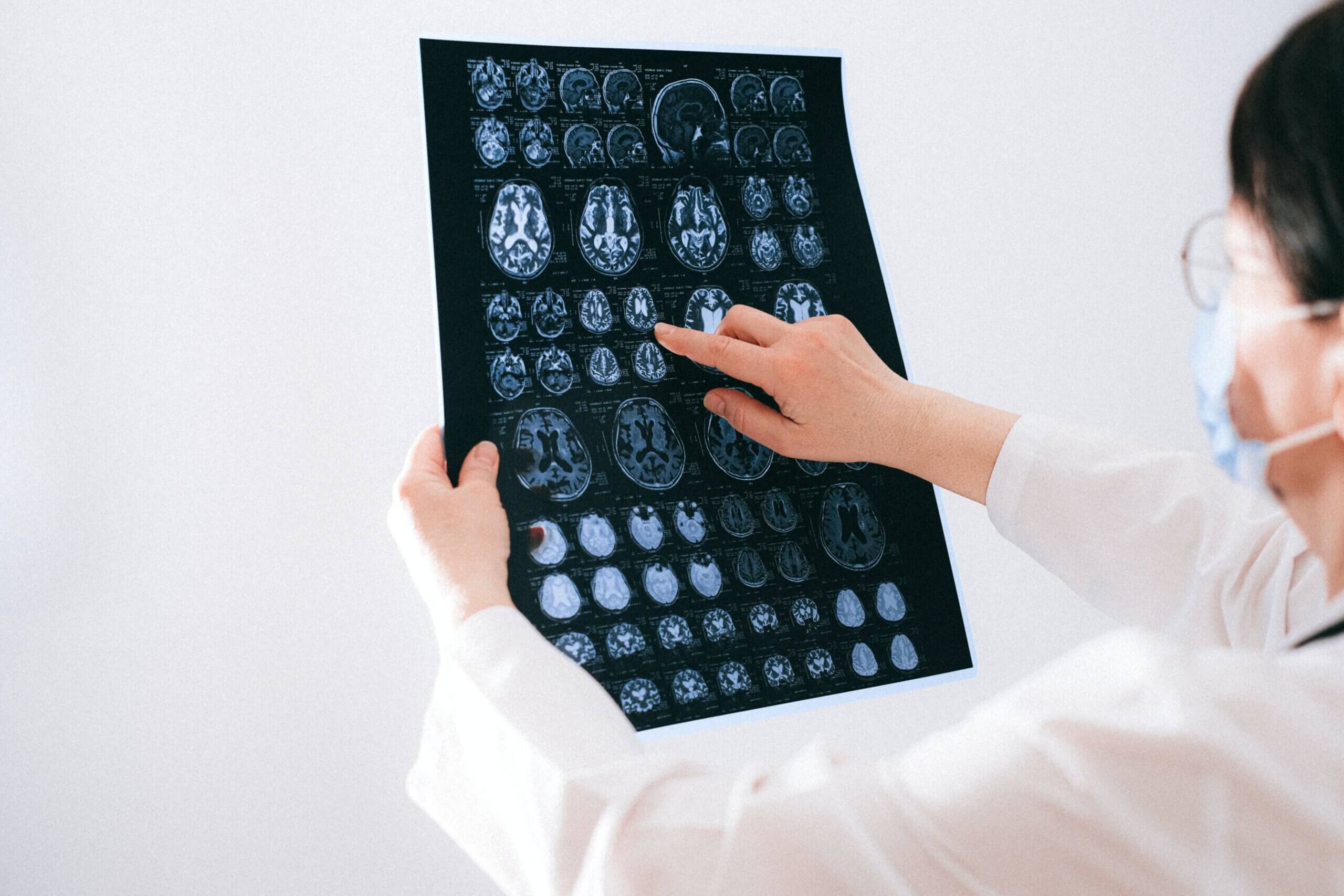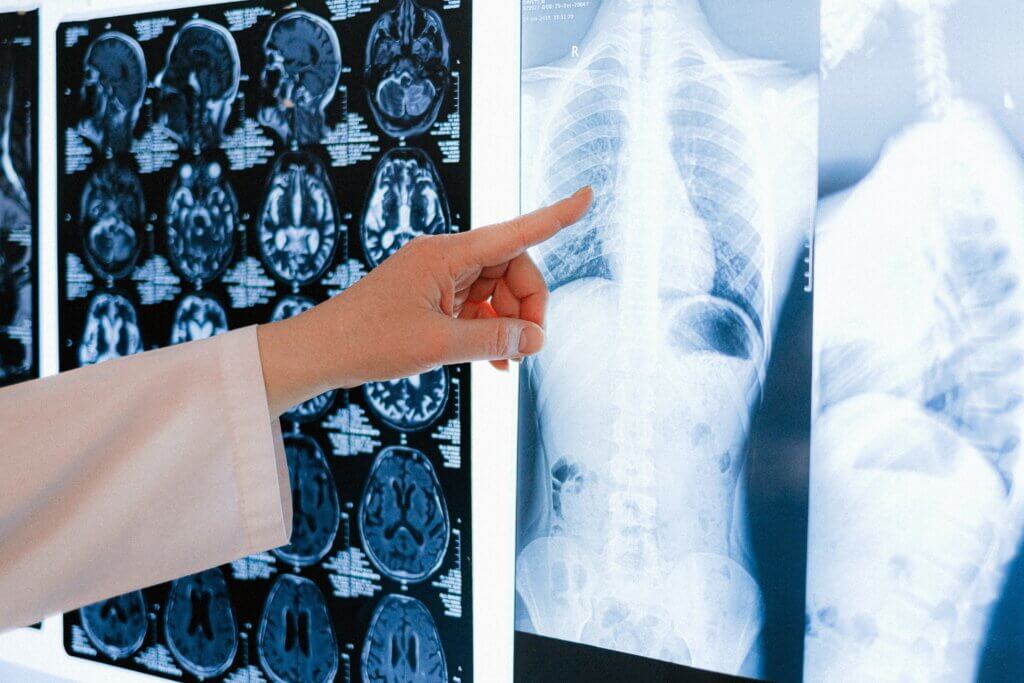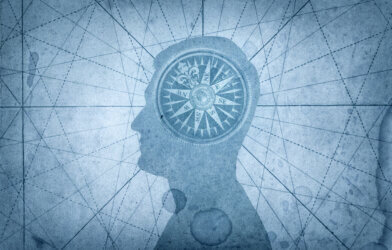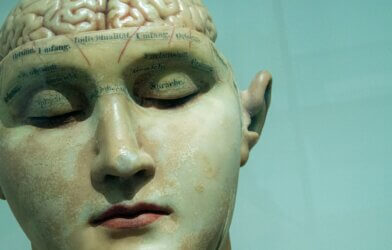“New Study Reveals a Game-Changing Discovery about Addiction in Your Brain!”
Hey there, curious minds! We’ve got some exciting news that could change the way we think about addiction. Researchers at Brigham and Women’s Hospital have just uncovered something mind-blowing: there’s a common brain network that connects all kinds of addiction, from nicotine to alcohol, cocaine, and even heroin!
These scientists dug into data from a whopping 144 different studies about addiction. Yep, that’s a lot of brainpower! They discovered that all these studies, no matter what substance they were looking at, pointed to one key thing—a special circuit in the brain.
Dr. Michael Fox, one of the researchers, explained it like this: “Imagine you’re trying to solve a puzzle, and you’ve got pieces from different boxes. You find out that all these pieces actually fit together to create a bigger picture—a brain circuit that’s linked to addiction!”
Now, why is this a big deal? Well, it means we might have a new way to tackle addiction. Instead of just focusing on one part of the brain, scientists can target this common circuit. It’s like finding the key to a locked door that leads to a better understanding of addiction.
This study was a team effort, with researchers from different places like British Columbia, Boston Children’s Hospital, Wake Forest School of Medicine, and even Philips Healthcare. It all started when Jacob Stubbs, a medical student from the University of British Columbia, teamed up with Dr. Fox at Brigham and Women’s Hospital.
They analyzed data from over 9,000 people who took part in previous studies. These studies pointed to different parts of the brain that might help treat addiction. But with so many different pieces of the puzzle, it was hard to know which ones to pick.
So, the researchers used a cool technique called “network mapping.” It’s a bit like creating a map that shows how all the brain parts are connected. And guess what? They found that this network was the same whether someone was addicted to nicotine, alcohol, cocaine, or heroin. That’s pretty wild!
But hold on, there’s a catch. The study can’t say for sure if this brain circuit causes addiction. It’s like knowing that a stormy sky and rain often go together, but not knowing if the clouds caused the rain. There’s still more to learn.
But here’s the exciting part: this discovery could bring us closer to finding new ways to treat addiction. Think of it like getting a new tool in the toolbox of doctors and scientists who are fighting addiction.
One of the researchers, Dr. Joseph Taylor, said, “This is like putting together pieces of a jigsaw puzzle that’s been scattered for years. It boosts our confidence that we’re getting closer to understanding how addiction works in the brain.”
So, what does all this mean for you, the teenager? Well, it’s a step forward in the fight against addiction. It’s like finding a hidden path in a video game—it might just lead to a new level of understanding and better treatments for people dealing with addiction.
This discovery reminds us that science is always evolving, and every piece of knowledge brings us closer to solving big problems. So, stay curious, because who knows what amazing discoveries are just around the corner!













